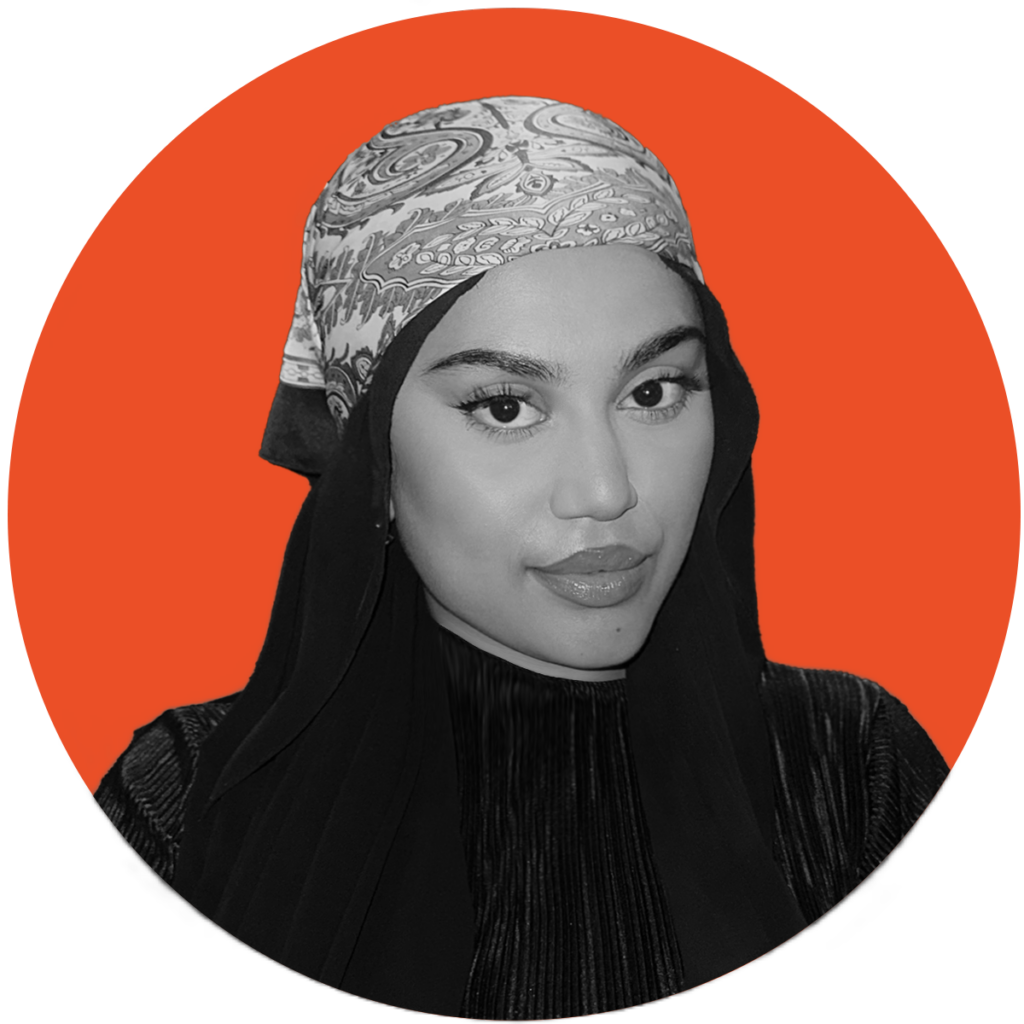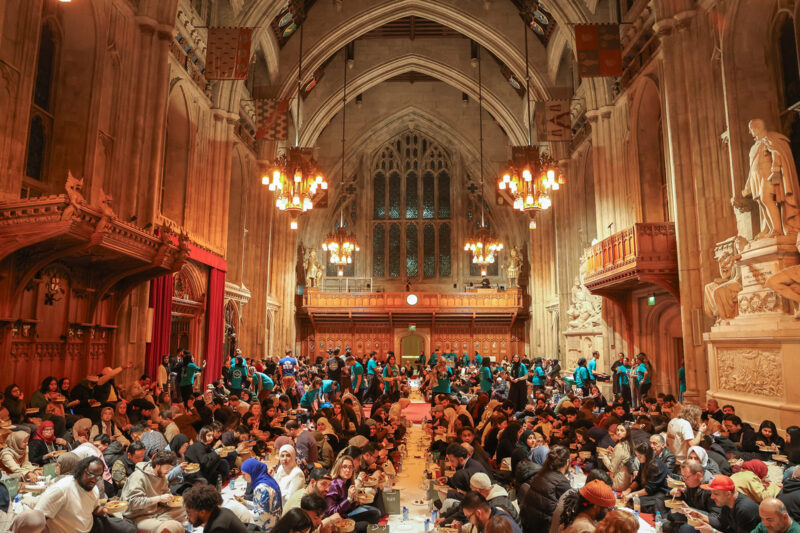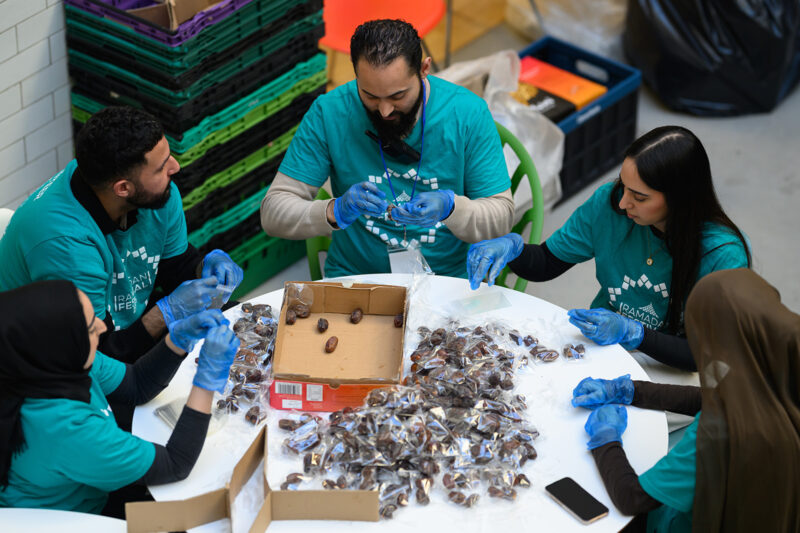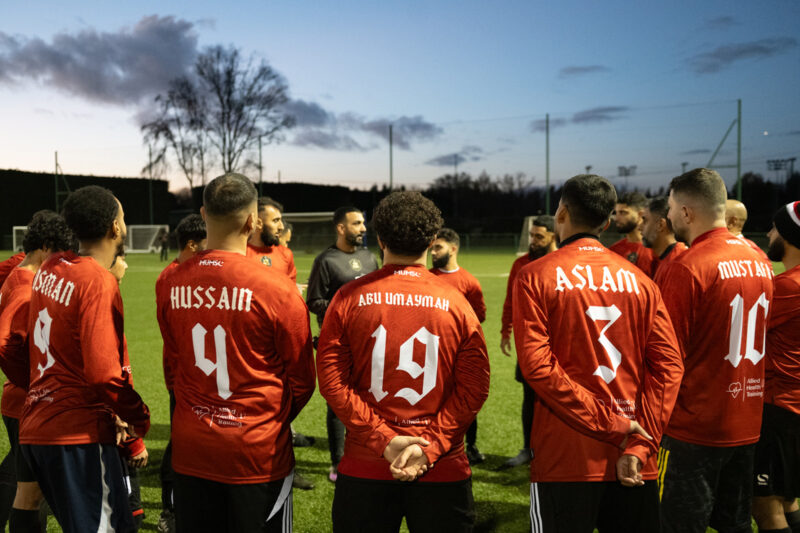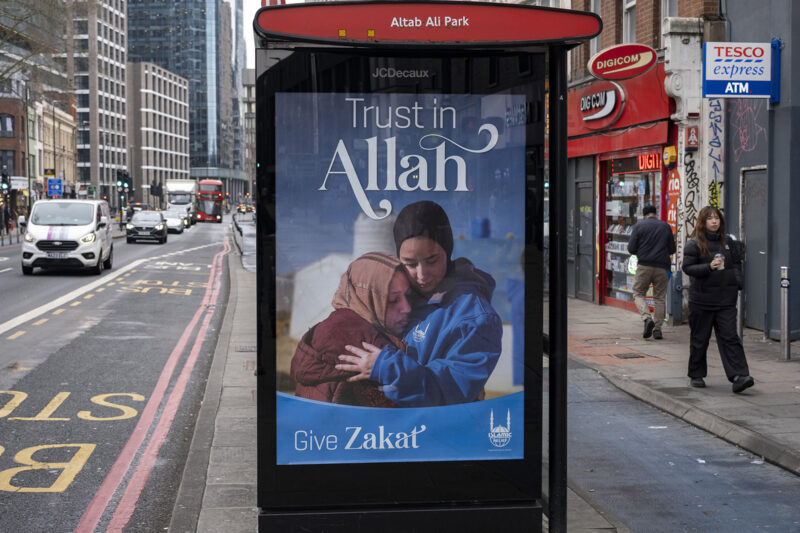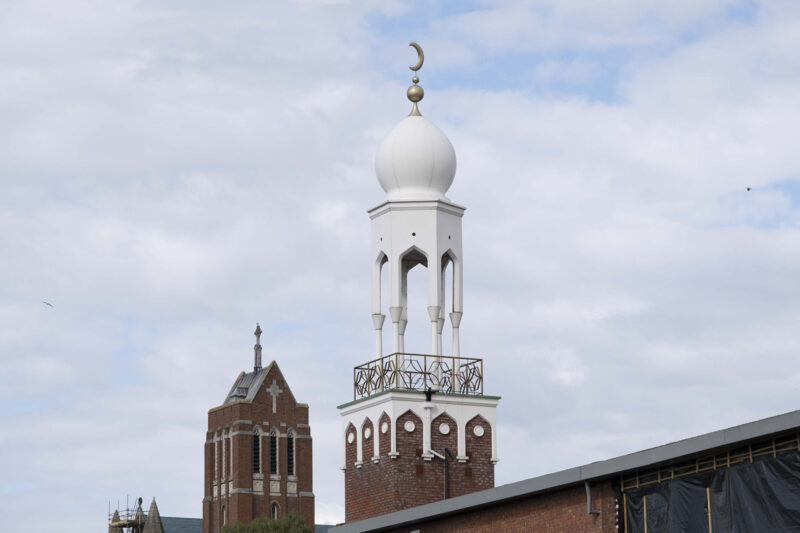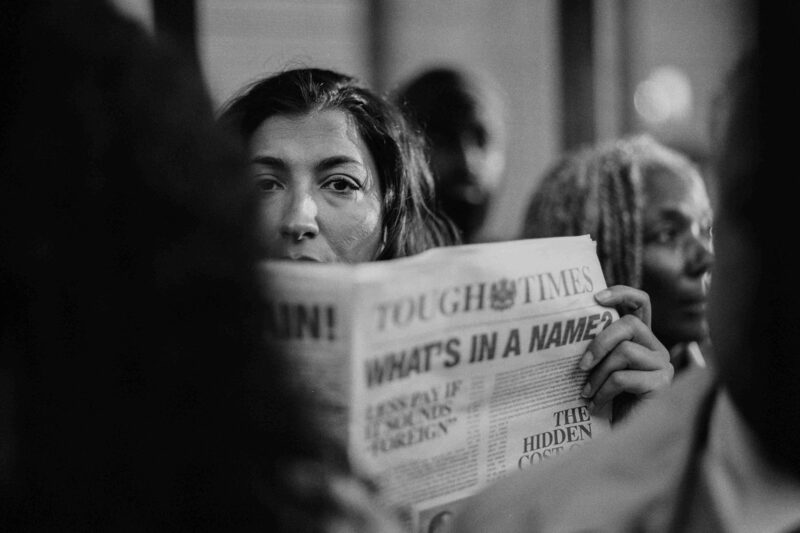
Sohail Hanif: ‘If the wealth isn’t given out it’s as if it’s polluted’
Dr Sohail Hanif emphasises the importance of localising donations to foster stronger connections and support within Muslim communities. Photograph courtesy of Dr Sohail Hanif
The chief executive of the National Zakat Foundation shares advice on donating to communities this Ramadan
Dr Sohail Hanif, chief executive of the National Zakat Foundation (NZF), has dedicated his career to advancing the vital practice of zakat, a cornerstone of Islamic charity.
Zakat is the obligation of giving 2.5% of one’s wealth to those in need once a year. Hanif emphasises the importance of localising donations to foster stronger connections and support within Muslim communities.
Drawing from the rich history of zakat’s implementation in early Islamic society, the NZF is working towards building a national system for Muslims to reach others who are facing financial hardship and need support for basic living expenses.
As Ramadan begins, Muslims are encouraged to fulfil one of the obligatory pillars of Islam, a means to purify wealth and provide for people in need, reinforcing the values of compassion and community during the blessed month.
This interview has been edited for length and clarity.
What led you to the NZF?
I was a lecturer on Islamic law at Cambridge Muslim College, focusing on this important old tradition of trying to understand how best to order society to align with God’s final message. I realised that Islamic law is a vision of compassion so its teachings have to be lived and served through institutions, like the NZF.
There is a gap where people are not being seen for their most basic needs, and the only people who can fill the gaps are communities. So we have to set up systems that help and work for communities, which is what NZF is doing.
What does zakat mean to you, especially during the month of Ramadan?
Zakat means purification and growth, and we believe our wealth is not all ours. It is a trust from God and part of that trust is that he has placed rights in wealth. People who have been given more in life are given a duty, which is the duty of care. The minimal duty of care in wealth is zakat. It is the right of the needy. If the wealth isn’t given out it’s as if it’s polluted, but when it is given out it’s like the wealth is cleansed. We don’t believe we are doing poor people a favour, but discharging a right and a duty.
Zakat is not tied to Ramadan in any of its teachings, it’s paid once a year based on the givers’ own choice of date. However, the general practice in the Muslim community is that most people give in the month of Ramadan.
Is it wiser to spread your zakat donations among different charities?
Charities are just vehicles, so you should think of the people you’re trying to help. I would advise that some of the zakat should stay in the UK, which connects to the teaching of Islamic law that zakat is a localised institution where wealth is circulated within communities. There is also a precedent in the Islamic tradition to help relatives wherever they are if they are in need.
The Qur’an also states a few possible people to support with one’s zakat, which can include new Muslims who may be struggling or people struggling under the burden of debt. If a giver wants to divide their zakat then they should think about doing so through these avenues. I wouldn’t divide it in terms of choosing between different charities. People should think about localising some of their donations because I find people often questioning, “Is there any need in the UK?” and there definitely is.
In an era of climate catastrophe, should Muslims focus on donating zakat to green funds and charities?
Zakat is a tie between human beings so it really needs to go to humans. It’s not designed to build infrastructure, so if you wanted to combine it with green giving then it could be something such as buying a solar panel and giving it to poor people in an area where it will provide electricity.
If you can’t afford to donate zakat, what should you do?
If you can’t afford to donate zakat then there is no cleansing required, but if you feel you are struggling, you have a right to ask for this money.
We have a lot of stigma in our community about receiving zakat. We think it has to go to a poor country where people have nothing, but that’s not what it is. It is tying communities where we are living. For example, you can apply to receive zakat at NZF or there are lots of local mosques and community centres offering support.
Another angle on this is that if you don’t have a duty to pay zakat, we still have a general duty to be of service. The Prophet, God bless him and give him peace, said that helping someone is charity, smiling is charity, service is charity, whether it’s physical, educational or emotional.
Can you give us examples of the earliest zakats?
In the early communities, money was not the main source of zakat that was distributed, it was animal wealth and land produce. This meant that there were pastures that were looking after the collected zakat, not NatWest that we have today.
Zakat has always been a localised institution. You don’t ship your cow across the planet, you give it to your neighbour. It’s the idea of getting each other on the ladder and about communal ties and building solidarity. If we look after our own concentric circles, we can start to solve problems. Can we eradicate poverty in London? If you start where you can make change, there is no limit to what you can achieve and that’s what’s most important, especially drawing from early zakat.
You can calculate your zakat here.
 Newsletter
Newsletter

